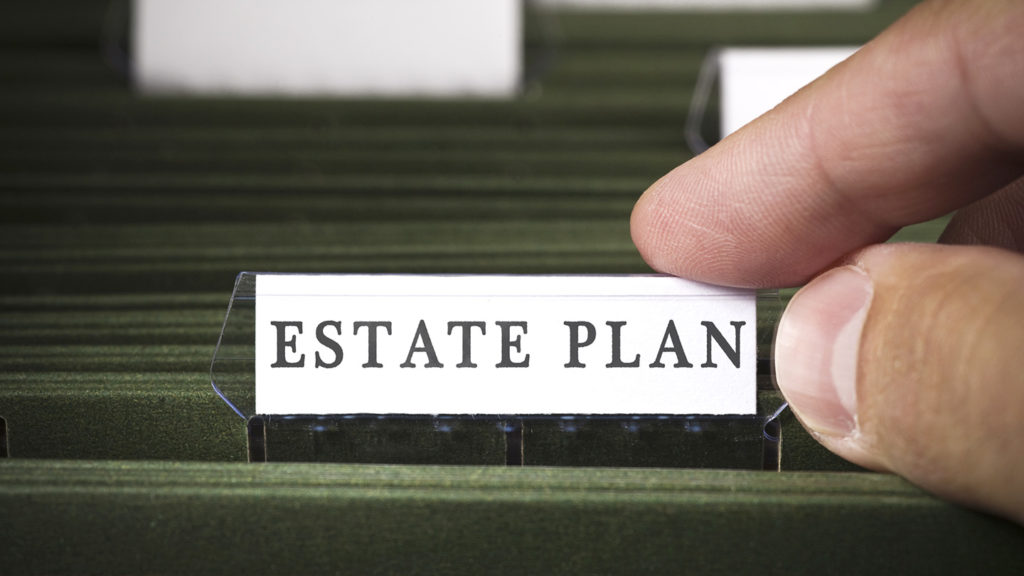
The pandemic has shaped the way Americans approach end-of-life planning, with those who survived a serious case of COVID-19 66% more likely to engage in estate planning than others, according to the results of a recent study.
Caring.com examined the effect of COVID-19 on estate planning, finding that 20% of Americans who died from the virus had no estate plan in place. Responses from two surveys conducted earlier this year found that 23% of Americans had prepared a will, 18% had established a living trust and 16% had some other kind of estate plan.
The pandemic proved a motivating factor for individuals who recovered from a serious COVID-19 infection — 48% said they now have a will — as well as their loved ones — 42% said they now have an estate planning document.
In comparison, only 29% of Americans without first- or second hand experience with the virus have a will, living trust or any estate planning document in place.
“The COVID-19 pandemic was a wake-up call for Americans,” Caring CEO Jim Rosenthal said in a statement. He added that the study showed a need to increase estate planning awareness. “The increased exposure to sickness and death encouraged many people to become more proactive about end-of-life care and planning.”
Middle-aged and older adults were less likely to be influenced by the pandemic than were younger generations; 29% of respondents aged 18 to 34 said the pandemic prompted them to start estate planning, compared with 22% of adults aged 25 to 54 and 13% of adults aged 55 and older.
Although having or witnessing a serious case of COVID-19 prompted many Americans to engage in estate planning, even those who didn’t follow through at least started a conversation about estate planning, according to Caring. Respondents who recovered from a serious case of COVID-19 — or knew someone who had recovered — were three times as likely to talk about estate planning (30%) than those who had no experience with the virus (8%).
Those who personally battled COVID-19 also were four times more likely to say that it motivated them to discuss an advanced healthcare directive (22%), compared with 6% of those without a personal experience with the virus. The number of people who actually obtained an advance healthcare directive was lower, with 16% who had first-hand experience with the virus actually obtaining an advance healthcare directive, compared with only 4% of those without that personal experience.
Overall, only 15% of Americans have an advanced healthcare directive — less than half the percent of people who have a will. According to the survey, nearly one in five Americans are unfamiliar with an advance healthcare directive.
Data were gathered from an online survey of 1,000 Americans who had lost a family member to COVID-19, plus Caring’s annual estate planning survey of more than 2,600 American adults.




